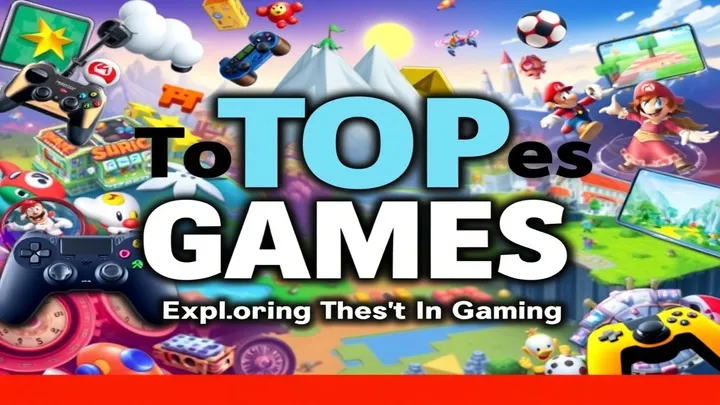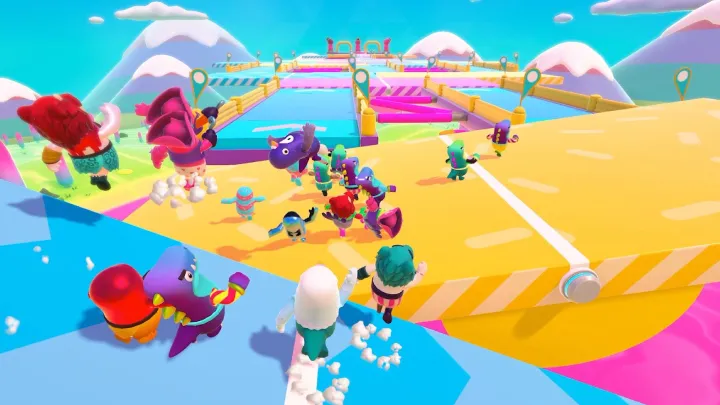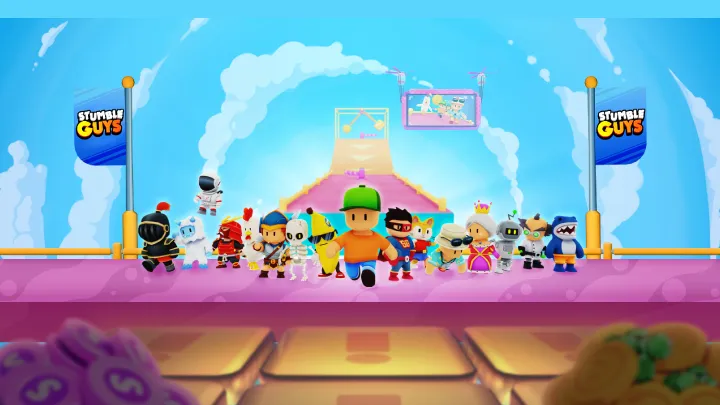PEAK is more than just a mobile app filled with quick puzzles; it’s a scientifically designed brain training platform. Built on neuroscience and gamification principles, PEAK challenges users with cognitive exercises that target memory, focus, problem-solving, mental agility, and emotional intelligence. But simply downloading the app and playing randomly won’t maximize your growth. Like any training system, there is a strategy to success. This article is a comprehensive “how to” guide for mastering PEAK, broken down step by step from your first session to long-term optimization.
Getting Started with PEAK the Right Way
The first step to using PEAK effectively is setting it up correctly. Too many users skip onboarding or rush into random games without understanding the purpose.
During onboarding, PEAK asks about your goals: do you want sharper memory, better focus, or faster problem-solving? Be honest here—your responses determine the customized training plan. Skipping this step can result in irrelevant exercises that won’t benefit your cognitive needs.
Importance of Goal Alignment
By aligning PEAK with your personal objectives, the app becomes a coach rather than just entertainment. This ensures that every minute spent contributes toward measurable improvement.
Quick Checklist for Setup
- Define your training goals honestly.
- Enable notifications to maintain consistency.
- Explore the dashboard to familiarize yourself with score tracking.
Understanding the Science Behind the Games
PEAK is rooted in cognitive science. Each game is designed to stimulate specific brain regions, but users benefit most when they know what’s being trained.
For example, a game like “Must Sort” sharpens attention and processing speed, while “Word Fresh” builds language and vocabulary skills. Recognizing these links makes the training intentional instead of random.
Categories of Cognitive Training in PEAK
- Memory
- Attention
- Problem-Solving
- Mental Agility
- Emotion Control
Why This Matters
Understanding the science prevents burnout. Instead of seeing puzzles as chores, you recognize them as targeted brain exercises.
How to Build a Consistent Training Routine
Consistency is the biggest factor in seeing results. Playing randomly once a week won’t improve your brain performance.
Experts recommend short but regular sessions. PEAK’s 10–15 minute daily workout is ideal because it fits into tight schedules while keeping cognitive strain manageable.
Habit Formation Tips
- Attach PEAK sessions to daily habits (after breakfast, during commute).
- Keep sessions short—quality beats quantity.
The Psychology of Streaks
PEAK rewards streaks. Maintaining a streak not only boosts discipline but also strengthens long-term engagement.
How to Track Progress with the PEAK Pro Brain Score
PEAK’s unique metric, the Brain Score, measures your performance across different categories. But many users misinterpret it as a “general IQ score.”
The Brain Score is relative to your own history and global averages. Use it as a progress tracker, not a judgment of intelligence.
Breaking Down the Brain Score
- Memory Score: Retention and recall speed.
- Attention Score: Focus under distractions.
- Problem-Solving Score: Logic and reasoning.
- Emotion Control Score: Stress management ability.
How to Use the Data
Review your weak areas weekly. Focus on games that address deficiencies instead of replaying only your favorites.
Overcoming Plateaus in Cognitive Growth
Eventually, many users hit a plateau where Brain Scores stop improving. This is not failure—it’s the brain adapting.
Strategies to Break Through Plateaus
- Switch focus: Train a different skill temporarily.
- Increase difficulty: Pro users can unlock harder exercises.
- Rest days: Allowing mental recovery can jumpstart progress.
Avoiding Frustration
Plateaus are part of learning. A stagnant score does not mean wasted effort—it means consolidation is occurring.
Using PEAK for Specific Life Goals
PEAK is not only about general mental sharpness. You can adapt it for specific life goals like test preparation, workplace productivity, or stress reduction.
Tailoring Training
- Students: Emphasize memory and attention games.
- Professionals: Focus on problem-solving and flexibility.
- Anxiety management: Use mindfulness and emotional control games.
Real-World Applications
Improved attention translates to fewer mistakes at work, while sharper memory helps in exams and presentations.
How to Maximize Value with PEAK Pro
The free version of PEAK is limited. PEAK Pro unlocks full access, but many users wonder if it’s worth it.
Benefits of Pro
- Access to all 40+ games
- Personalized advanced training plans
- Deeper analytics on performance
Investment vs. Return
If you are serious about brain training, Pro is worth it. Think of it as a gym membership—free options exist, but structured coaching accelerates progress.
Combining PEAK with Other Brain-Boosting Activities
No app alone can maximize cognitive potential. The best results come when PEAK is combined with real-world practices.
Complementary Activities
- Physical Exercise: Increases oxygen flow to the brain.
- Proper Sleep: Critical for memory consolidation.
- Nutrition: Omega-3s and antioxidants aid brain health.
Why Integration Matters
By pairing PEAK with healthy habits, you amplify results far beyond what the app alone provides.
Avoiding Burnout and Maintaining Motivation
Brain training should remain engaging. Overdoing PEAK sessions or obsessing over scores can lead to burnout.
Signs of Burnout
- Frustration when scores don’t improve.
- Skipping sessions due to boredom.
- Comparing yourself excessively to others.
Motivation Hacks
- Treat PEAK like a game, not a test.
- Set small milestones instead of chasing huge jumps.
- Reward yourself for consistency, not just scores.
Long-Term Cognitive Growth Beyond the App
The ultimate goal of PEAK is not to become a master of mini-games but to translate skills into everyday life.
Applying PEAK to Reality
- Memory games improve language learning.
- Problem-solving tasks enhance decision-making.
- Emotion control games reduce anxiety in stressful meetings.
Lifelong Training
Brain training is like fitness: progress requires sustained effort. PEAK should be a tool in a lifelong growth strategy, not just a short-term project.
Conclusion
Mastering PEAK is less about random play and more about structured training. By aligning goals, understanding the science, maintaining consistency, tracking progress, and combining the app with real-life practices, you can turn PEAK into a long-term tool for mental sharpness. The app is not magic—it’s a system. And like any system, it works best when approached with strategy, patience, and balance.

















